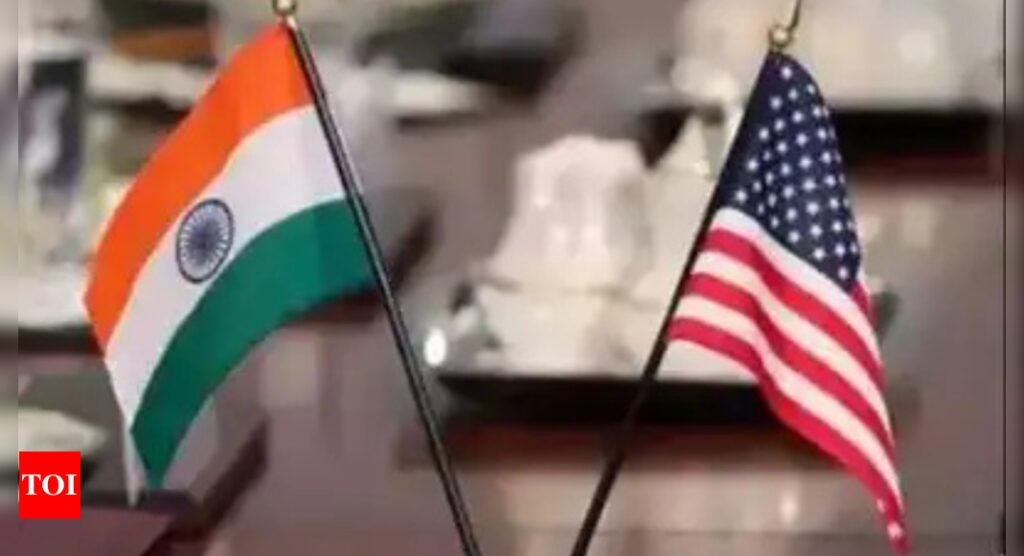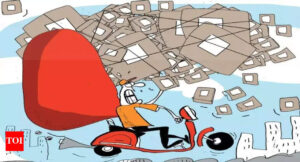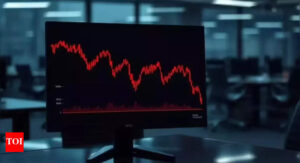Negotiations at the official level, which were to end on Friday, will now extend until tomorrow, sources said. Assistant US trade representative Brendan Lynch, an old India hand, is leading a team that is holding talks with the Indian delegation led by Rajesh Agrawal, additional secretary in the commerce department.
The US has come with a long wish list, some of which has been articulated to Indian authorities over the years, and is aggressively pushing its agenda amid indications that New Delhi is taking a guarded stance, seeking to address Washington’s concerns over high tariffs – suddenly acknowledging that it is a trade barrier – and hoping that it could seek concessions for products of interest to it.
Congratulations!
You have successfully cast your vote

The US list of demands is long – from apples and corn to coffee, raisins, walnuts, almonds, flowers and whiskey, among farm goods. The concerns over high tariff, based on feedback from American players, extend to canned peaches, pecans, potatoes and frozen French fries and other processed goods used in restaurants. In any case, Donald Trump has articulated his concerns over India’s levies on imported automobiles, especially EVs such as Tesla, and high-end bikes, like Harley Davidson.
Tariffs apart, the Trump administration is seeking solutions to genuine checks, such as import licensing and quality control orders, arguing that these are barriers to trade and impact businesses from the US.
Faced with the prospects of reciprocal tariffs impacting their shipments to the US, Indian industry too is seen to be supporting tariff cuts, with auto and the farm sector being two areas where govt is reluctant. The main concern is over agricultural products, which may be tough to handle politically, especially when the Opposition has already attacked, accusing it of slashing levies under pressure from the US.
Amid wild speculation, and repeated attacks on India by Trump, authorities have remained tight-lipped about the talks. Govt is hoping to conclude the first tranche of the deal by Sept-Oct, in line with the deadline set by Trump and Prime Minister Narendra Modi.
Niti Aayog programme director Pravakar Sahoo, however, said that reciprocal tariffs by the US will not have much impact on India and create several opportunities for the country.














